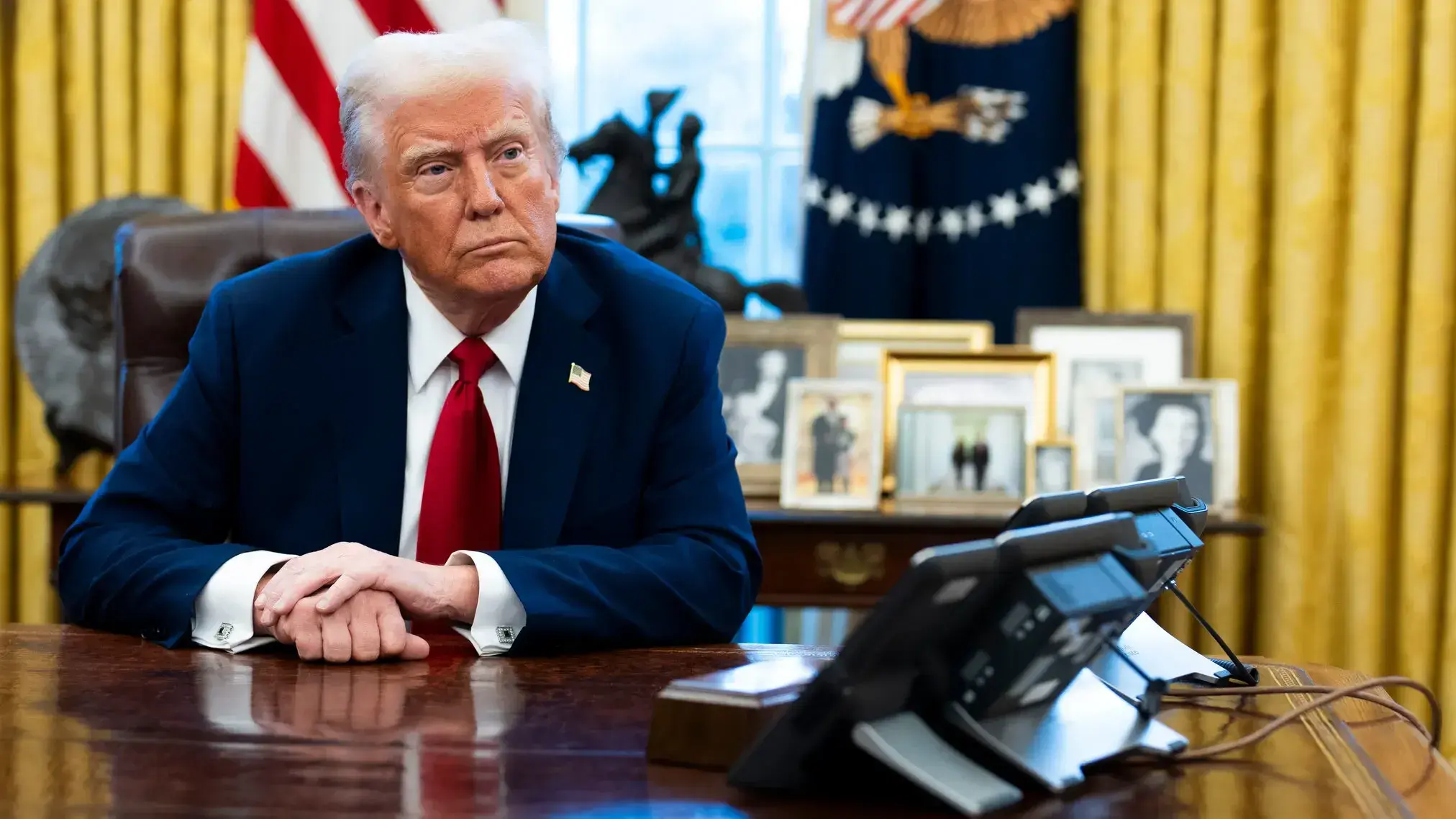
Trump Increases Trade Conflict by Imposing 25% Tariffs on Auto Imports
A 25% tariff on imported cars declared by US President Donald Trump has sparked criticism and reprisal threats.
US President Donald Trump’s announcement of a 25% tariff on imported cars on Thursday caused Asian auto stocks to plummet, intensifying a global trade battle and provoking condemnation and threats of reprisal from US allies.
Trump intends to announce retaliatory duties on nations that bear the majority of the US trade deficit on April 3, the same day that the new auto and light truck levies go into effect. These taxes are on top of the duties already imposed on steel, aluminum, and products from China, Canada, and Mexico.
$220 billion worth of passenger automobiles were among the $474 billion worth of automotive goods that the US imported in 2024. Key suppliers were Canada, Germany, South Korea, Japan, Mexico, and South Korea—all of which have strong connections to Washington.
President of the European Commission Ursula von der Leyen denounced the levies as “bad for businesses, worse for consumers,” while Prime Minister Mark Carney of Canada referred to them as a “direct attack” on Canadian workers, threatening possible retaliation actions.
“We will defend our employees, our businesses, our nation, and we will defend it together,” Carney declared in Ottawa.
Over a quarter of Tokyo’s exports to the United States come from the auto industry, and stock drops were led by Japanese automakers Toyota Motor and Mazda Motor. Additionally, South Korean automakers Hyundai Motor and Kia Corp. saw a steep decline in share prices.
Tokyo would take “all options” into consideration in reaction to the additional tariffs, according to Japanese Prime Minister Shigeru Ishiba.
The US economy may suffer as a result of Trump’s tariffs, according to Brazil’s president Luiz Inacio Lula da Silva.
During a press conference in Tokyo, Lula stated that “protectionism doesn’t help any country in the world” and that it would increase the cost of commodities and possibly cause inflation that he hasn’t yet realized. A US trade tariff on Brazilian steel will be challenged at the World Trade Organization, he promised.
Tariffs are seen by Trump as a way to raise money to pay for tax cuts and boost the flagging US industrial sector. But many trade analysts predict early price hikes and decreased demand, which would put more pressure on a global car industry already uneasy due to Trump’s frequent policy changes and tariff threats.
All Categories
Recent Posts
Tags
+13162306000
zoneyetu@yahoo.com



